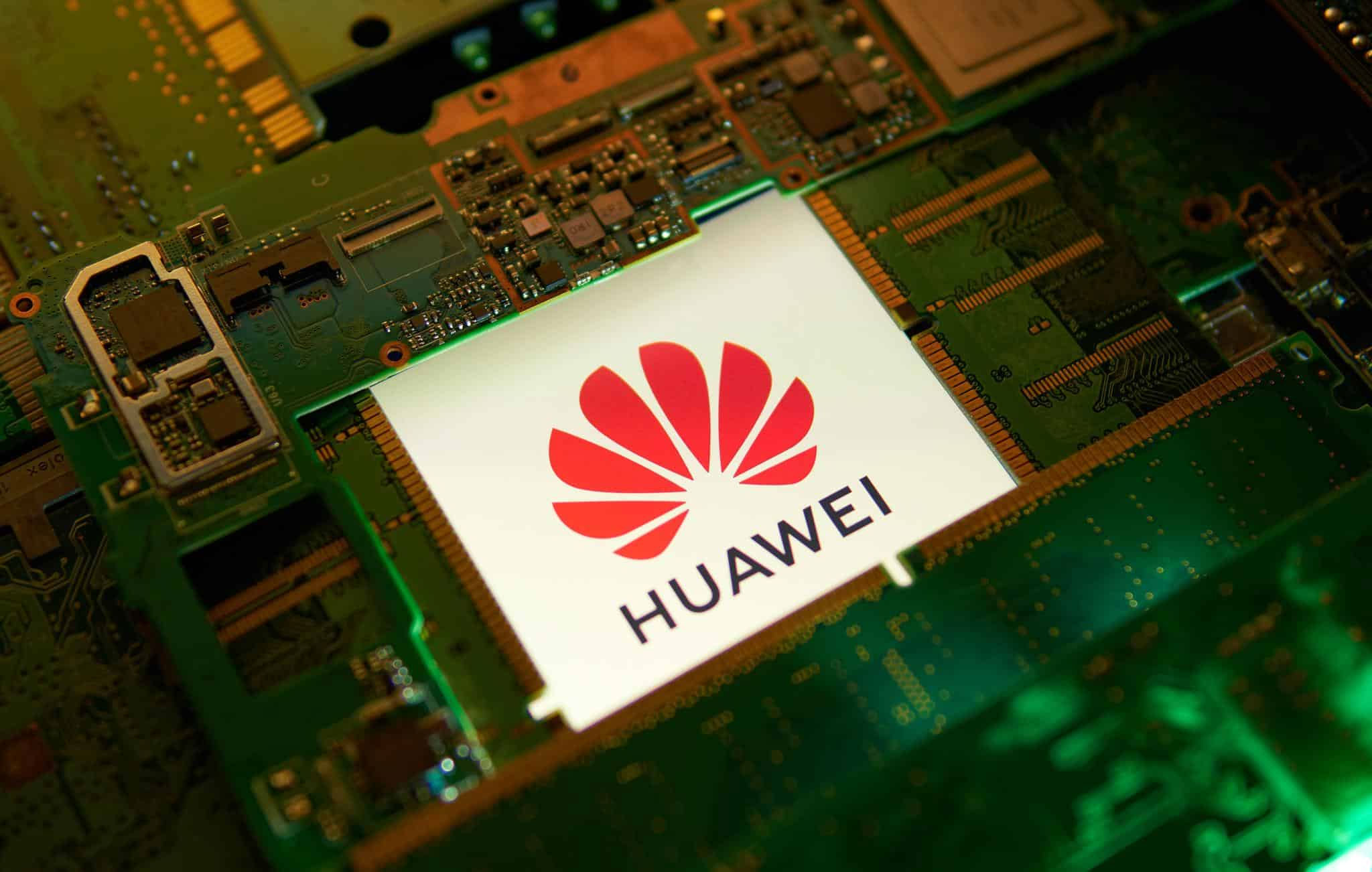Huawei Tests New AI Chip Despite US Sanctions
Chinese tech giant, Huawei, is intensifying its competition with U.S. chipmaker, Nvidia by initiating tests of a new artificial intelligence (AI) chip, although its path forward remains challenging due to U.S. sanctions.
The company has distributed samples of its new Ascend 910C chip to leading Chinese server firms for hardware testing and configuration, according to a report from the South China Market Post, citing industry insiders. Huawei is targeting large Chinese internet firms with the new chip, many of which are existing customers of Nvidia.
The Ascend 910C is an upgraded version of the 910B chip, which Huawei previously claimed could rival Nvidia’s A100 chips. The company now asserts that the 910C is comparable to Nvidia’s H100, and is projecting orders worth $2 billion for the processors. However, the 910C will need to address significant technical gaps left by its predecessor to make a substantial impact on the Chinese market.
Supply Challenges
The Ascend 910B has been regarded as the most competitive homegrown AI chip available in China especially as US export restrictions have limited access to the most advanced US-produced chips. Huawei reports that its Ascend chips were used to train nearly half of over 70 large language models in China last year.
Despite this, supply chain issues persist. For example, TikTok parent company ByteDance ordered over 100,000 Ascend 910B chips this year but had received fewer than 30,000 by July. Reuters also reported that ByteDance plans to train a large-language AI model primarily using the 910B chips, but the slow availability of Huawei's chips is affecting their timeline.

Significance
Huawei’s rise as a prominent player in China's chip industry reflects Beijing’s efforts to achieve semiconductor self-sufficiency amid increasing US export controls. Chinese chipmakers are racing to develop AI chips to capture market share from Nvidia, which currently dominates 90% of China’s AI chip market. This shift is crucial for Chinese tech firms to withstand US trade restrictions, as sectors ranging from gaming to e-commerce increasingly rely on custom AI models.